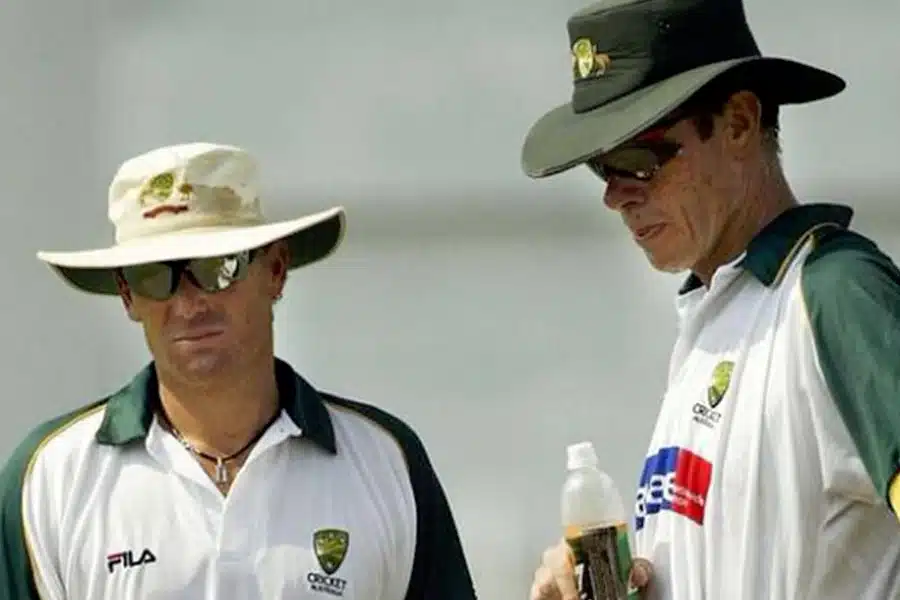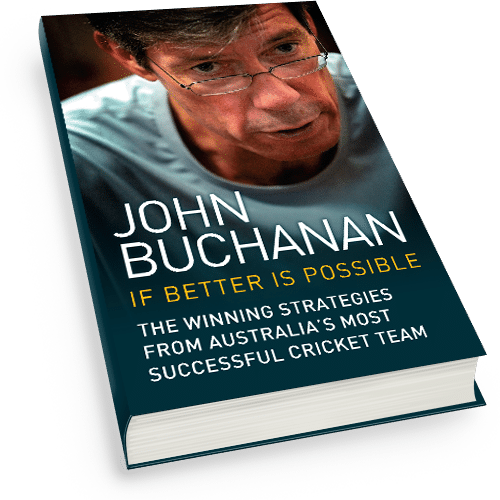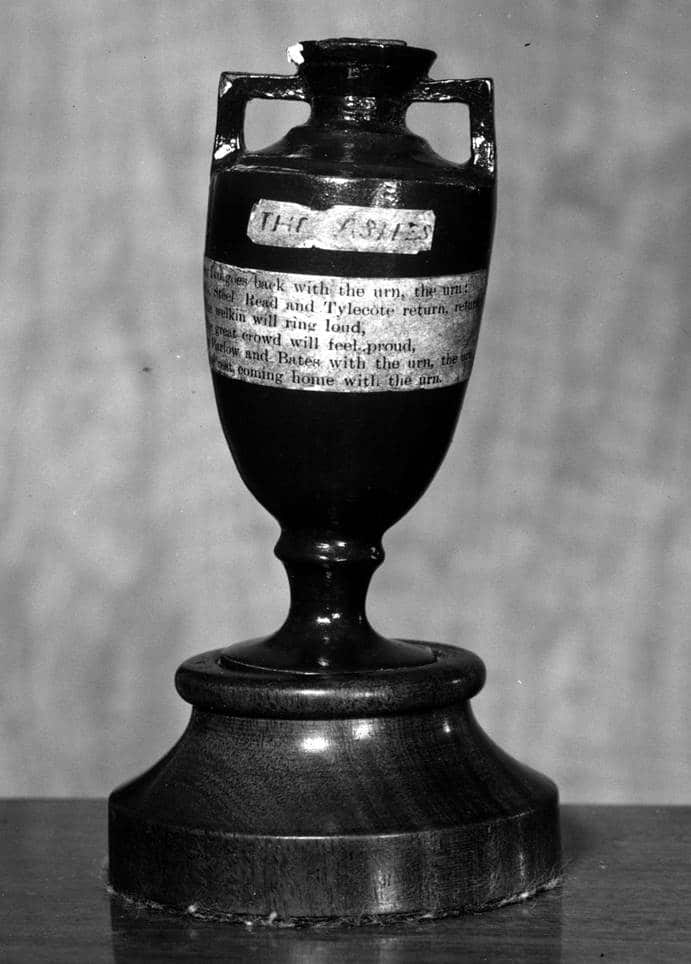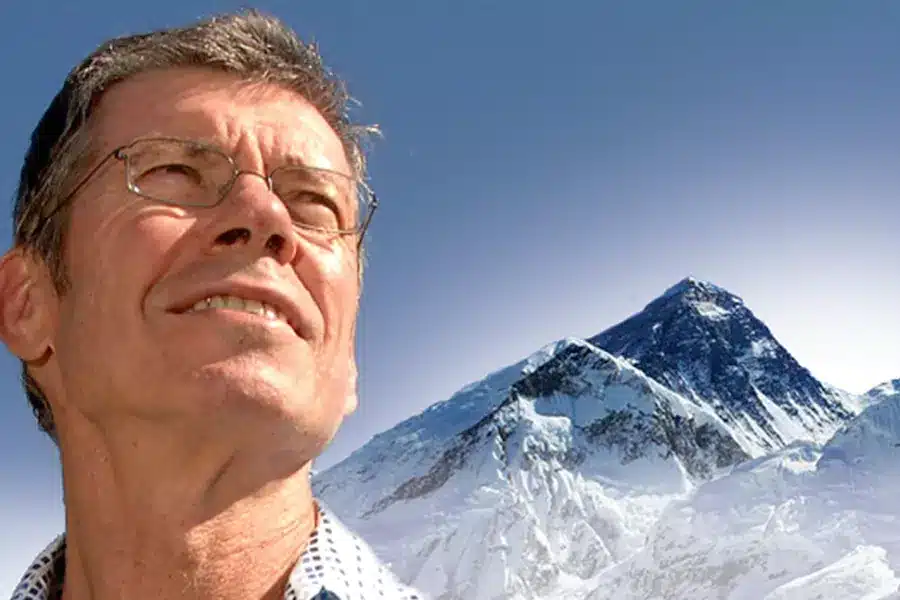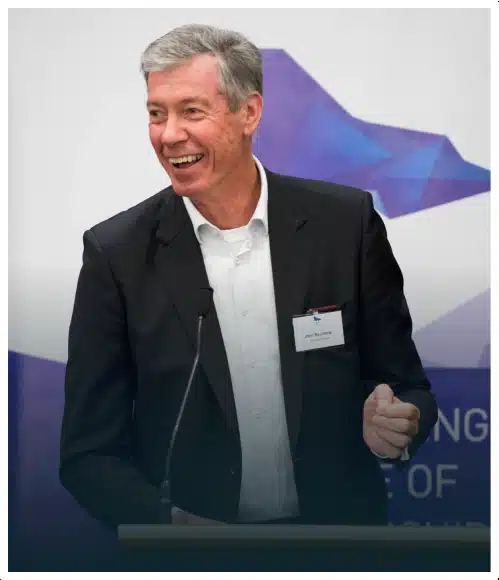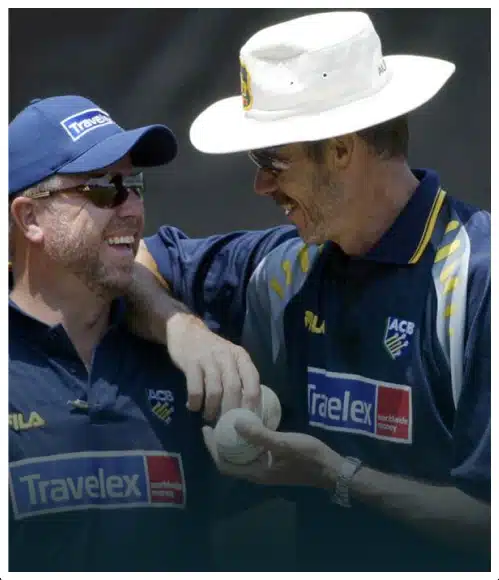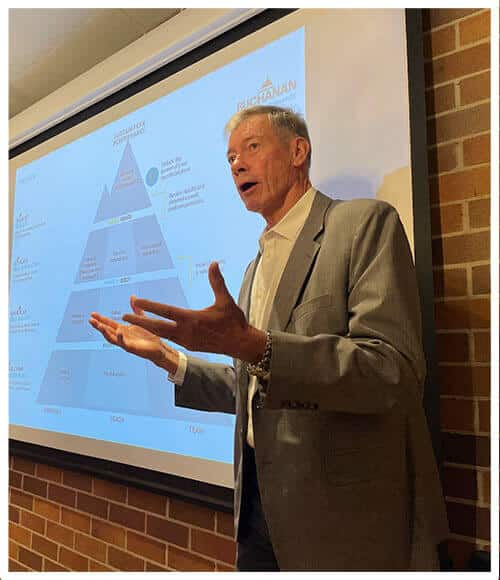There have been plenty of articles written on this topic such as the one included by HBR –
The article discusses some of the work of Daniel Goleman, one of the great proponents of EI.
The article also discusses the range of techniques to allow people especially busy leaders, to become more mindful during their daily work life, as well as life.
Basically what mindfulness is about is that we are seeking to have clear minds in which to make decisions. The more often we have a clear mind, the more likely we will be to make a quality decision.
The article lists some of the ways gaining a calm and clear mind can be achieved –
- Meditation
- “…and cultivate daily practices that allow regular renew their minds, bodies, and spirits, for example, prayer, journaling, jogging and/or physical workouts, long walks, and in-depth discussions with their spouses and mentors…”
The article goes on to say, “…the important thing is to have a regular introspective practice that takes you away from your daily routines and enables you to reflect on your work and your life — to really focus on what is truly important to you….”
There are plenty of books and research on this topic of ‘mindfulness’ as discussed by Goleman. Two other authors take the reader into this world from slightly different perspectives –
- Clayton Christensen – wrote a book titled, How will you measure your life. It is a fascinating book on Clayton’s life journey where he discovers as Simon Sinek would say, his “WHY”. He discovered his fundamental purpose in life, the why does he do what he does, and what he enjoys doing
- Educationalist, Howard Gardner’s book, Five Minds for the Future outlines the specific cognitive abilities that will be sought and cultivated by leaders in the years ahead which include:
- The Disciplinary Mind: the mastery of major schools of thought, including science, mathematics, and history, and of at least one professional craft.
- The Synthesizing Mind: the ability to integrate ideas from different disciplines or spheres into a coherent whole and to communicate that integration to others.
- The Creating Mind: the capacity to uncover and clarify new problems, questions, and phenomena.
- The Respectful Mind: awareness of and appreciation for differences among human beings and human groups.
- The Ethical Mind: fulfillment of one’s responsibilities as a worker and as a citizen.As a Coach of a sporting team, one of the great differentiators between athletes who have attained a similar level of competition is not so much their technical or physical skills – the difference lies within the mental skills they possess to make quality decisions in the moment of split second competition. If they are in the moment, or as Mihaly Csikszentmihalyi described being in the flow, then with clear minds, athletes will be able to best choose from their tactical options to put themselves in best position to WIN the moment.One such person was Shane Warne, one of the greatest players in the history of cricket.Two words were his answer – FRESH & RELAXED.These words were his mental cues to close every compartment of his mind, apart from the cricket compartment. If it was the night before a game or a day’s play, then in his own way, he would clear the decks with situations, friends, family so that he could simply wake up with the cricket compartment of his mind open.Very good leaders know their philosophy, their purpose. With this foundation, they know how to access their mindful state because they know the methods, routines, cues they use to allow them to be in the flow, in the moment.
- Everything else was closed off, and he lived the day with only the cricket compartment operating. And of course if that day meant he would be on show, especially with the ball in hand to bowl – he wanted to be in no other place. This was his stage to show people how good he was!
- These were the words that allowed him to compartmentalise his life.
- I remember having just this conversation with him – how does he manage to do what he does on the cricket field, when there is so much else going on in his life. For those who have followed Shane’s career, they will know that Warnie as he is affectionately known, finds himself constantly in ‘offield’ dramas, controversy, and social media stories which are designed to make him the centre of attention.
- Within the Australian cricket team, I had many very good players who had the capacity to do just that – to shut out the static, to soften the noise and external environment around them, allowing them to make consistently better decisions than their opponents.
- Both authors draw form their vast experiences and challenge us as readers to explore our own personal philosophies, our desires to continually learn, and then challenge us as leaders of teams, groups, organisations or family – how do we make this real for those whom we influence. If we can help people find their direction, their purpose this will be a good step forward to them being able to be in the moment, to be mindful when faced with the variety of situations they face every moment of every day as leaders.
Very good leaders know the art and skill to mindfulness.

